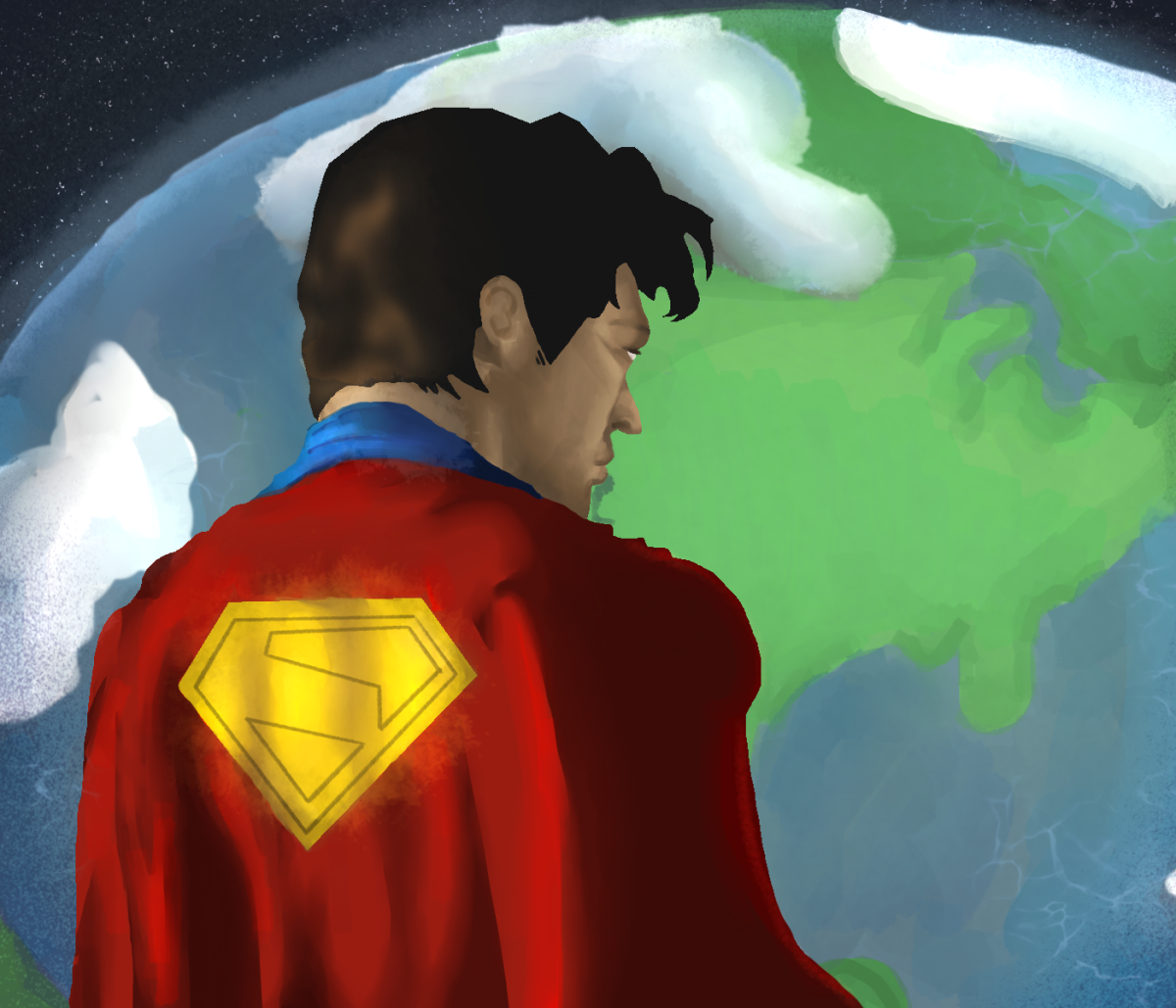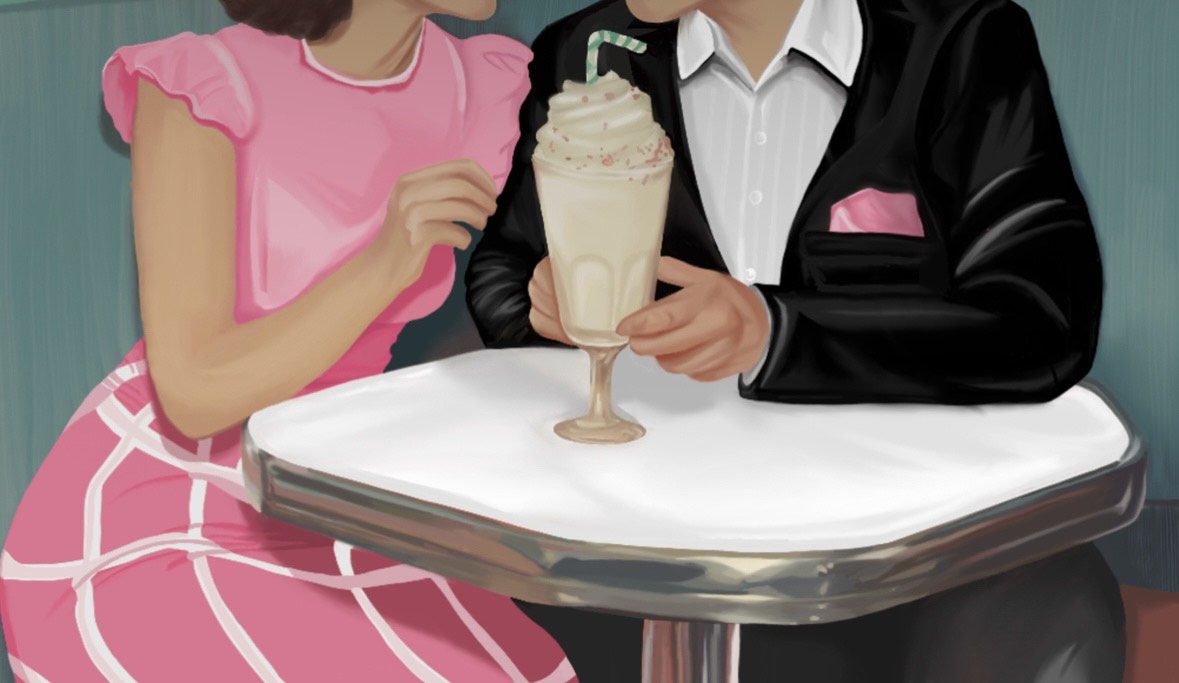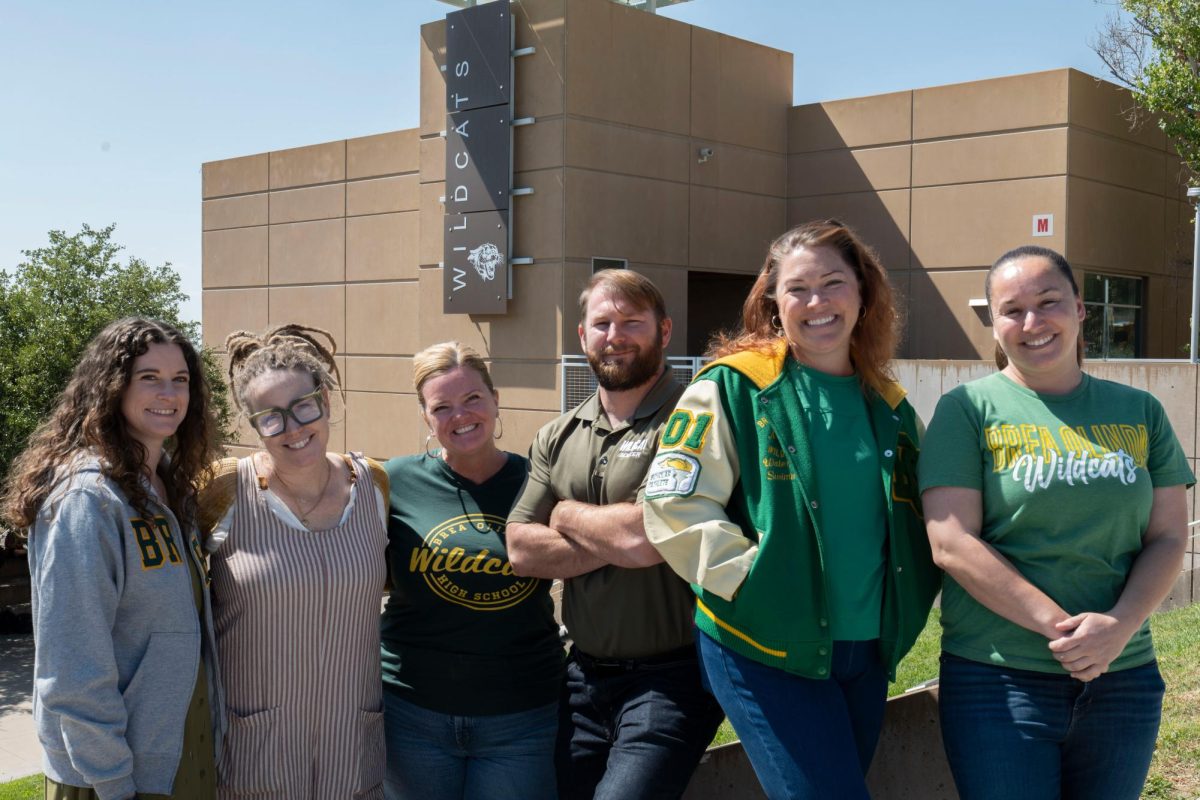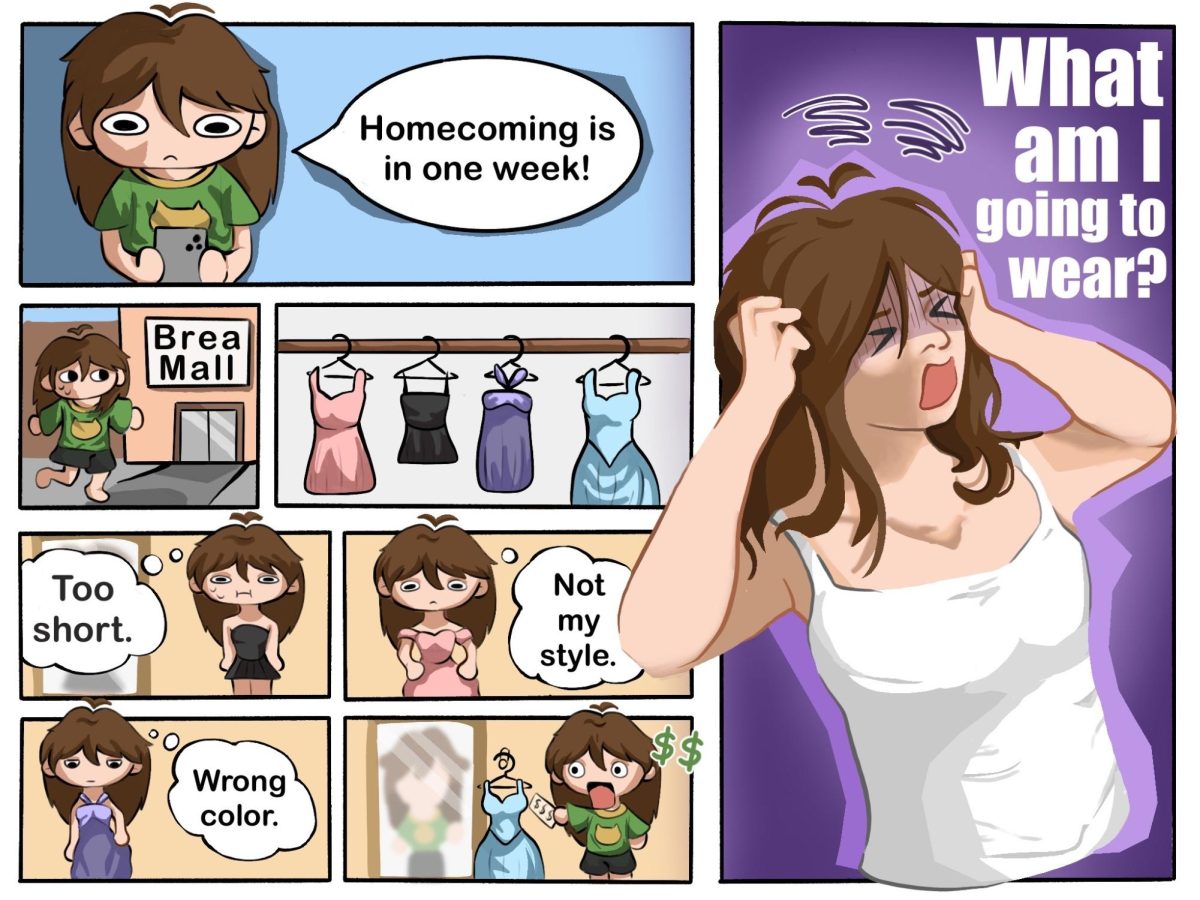In recent years, superhero movies have devolved from fresh and inventive takes on the genre (like Christopher Nolan’s Dark Knight trilogy from 2005 to 2012, and the revelatory Iron Man in 2008), to overly quippy CGI-fests like Thor: Love and Thunder (2022) and Ant-Man and the Wasp (2023), and the many dour, aggressively grey, and violent DC movies by Zack Snyder, which seem to exist solely to shock and depress.
Snyder’s Man of Steel, for instance, characterizes Superman not as an inspiring protector of humankind but as a brooding outsider whose battles leave entire cities in ruin. The film leans into themes of alienation and vengeance, and emphasize visual grandeur and violent action rather than the optimistic “truth, justice, and the American way” message the hero was created to convey.
James Gunn’s Superman, which releases on HBO Max today, tosses Snyder’s dour “hero” aside and replaces him with an uplifting, morals-driven, dog-loving and even tenderly romantic one. The film is a reminder — for its entire 129-minute runtime — of ideals we should all strive for: kindness, empathy, compassion.
In a time of a housing crisis, a widening gap between rich and poor, political divisiveness, environmental collapse, and mass shootings, society is, more than ever, in need of the very qualities Superman embodies, and the qualities Gunn highlights in his refreshing film.
In an era where division too-often drowns out unity, Gunn’s Superman insists that morality is not old fashioned or impossible to achieve in 2025. Rather than embodying the cynicism or brutality that saturates modern superhero movies like Logan (2017), The Suicide Squad (2021), and The Batman (2022) which seem to celebrate violence and doom, Gunn’s film reminds us of what being a hero truly means; his Superman (played with refreshing sincerity by David Corenswet) is a reminder that strength is not measured by the size of our muscles or the volume of our voice, but by how we choose to treat, and serve, others.
In the opening 10 minutes of the film, Superman is defeated by the mysterious Hammer of Boravia, who is controlled by Superman’s familiar nemesis, Lex Luthor (a clever, cutthroat Nicholas Holt). When Superman, not entirely healed from a humbling beatdown, immediately returns to battle, we witness a hero who is not defined by his powers, but rather by his willingness to fight for the people of Metropolis.
Superman’s kindness, in turn, inspires others to be kind. The city’s civilians gather around their battered hero, encouraging him with, “You saved us so many times. Now it’s our turn.”
The hero later learns from Luthor that his biological parents on Krypton sent him to Earth to rule over humans. When this news is broadcast to the entire planet, Superman’s supporters abandon him, and he must contend with the life-altering realization that his parents intended for him to be a tyrant.
And yet, he never abandons his morals, he never abandons humanity.
The qualities Gunn’s Superman echo the intentions of the original creators, Jerry Siegel and Joe Shuster, who wrote and drew the first Superman story in 1938 for the first issue of Action Comics. Both children of Jewish immigrants, their writing is influenced by their upbringing amidst the Great Depression and rise of Nazism, which shows in Superman’s motivations to protect and fight for the oppressed and for “truth and justice.”
This unwavering drive, this constant desire to protect ordinary people — the free citizens of Metropolis to the oppressed people of Jarhanpur — make Superman’s righteousness more emblematic than ever of the society we should aim to cultivate and exist in. From Superman risking great personal harm to rescue civilians trapped beneath a collapsing building in his adoptive city, to his saving the people of Jarhanpur from genocide, we are reminded that true heroism is driven by a motivation to do good for others.
We should be moving back towards a society with individuals who fight for each other and prioritize kindness in our interactions (even if it’s not through saving lives). We should take after Superman’s altruism, a quality addressed in the movie for how counterculture and “punk rock” it is, communicated in this exchange between journalist Lois Lane (a charming Rachel Brosnahan) and Superman:
Superman: “You trust everyone and think everyone you’ve ever met is, like, beautiful.”
Lois Lane: “Maybe that’s the real punk rock.”
Superman is a reminder of what ideals our society should return to. It could have been yet another soulless, bloody, and cynical superhero film, but Gunn — who both wrote and directed the movie — honors Siegel’s and Shuster’s original creation with a powerful and entertaining reminder that empathy and community are not just necessary, but cool.

















Joe Ryan Thomas Babu • Sep 20, 2025 at 1:08 pm
This movie changed me for the better. The themes of optimism and hope changed how I go about in my day. Great review also.
Jacquelyn N • Sep 19, 2025 at 3:57 pm
I never watch any of the superhero movies , but this makes me think I’ll look out for this one. Great writing, Sofia!